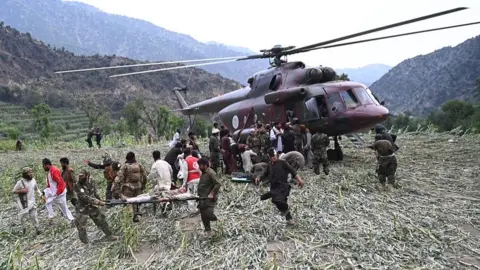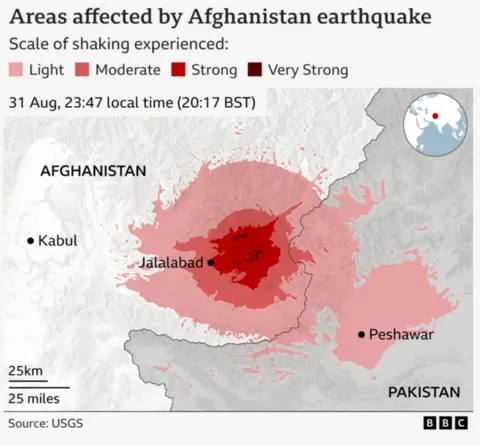In a quiet village in Kent on Sunday, Sandy Gall, the esteemed veteran reporter for Independent Television News (ITN), passed away at the age of 97. Gall’s daughter, Carlotta Gall, who herself is a noted journalist with The New York Times, confirmed his death.
For nearly half a century, Gall's presence characterized British television news, particularly as a war correspondent who reported from some of the most tumultuous regions in the world. His strikingly calm demeanor made him a familiar face, whether reporting on the Vietnam War or presenting the popular “News at Ten,” which he anchored for over 20 years.
Gall's extensive career included pivotal moments such as covering the fallout from the assassination of President John F. Kennedy, witnessing Dr. Martin Luther King Jr.'s civil rights activism in Selma, and documenting North Vietnamese forces' historic entry into Saigon in 1975. He also managed to secure footage during the early days of the Vietcong's occupation of Vietnam, famously using the embassy club’s pool after fleeing diplomats left him the keys.
His later years saw him specializing in Afghanistan, where he documented the anti-Soviet mujahedeen, a subject that inspired six of his published works. With a genuine affection for the Afghan people and their struggles, Gall established a charity for disabled Afghans and found a connection to the rugged Afghan landscape, likening it to his native Scotland—“but without the whisky,” he often jested.
Despite his work with high-profile figures, including receiving accolades from the Queen and a book preface by Prince Charles, Gall remained steadfastly humble. His last publication, “Afghan Napoleon: The Life of Ahmad Shah Massoud,” was released when he was 93, exemplifying his enduring commitment to documenting and understanding complex global narratives until the end of his life.
For nearly half a century, Gall's presence characterized British television news, particularly as a war correspondent who reported from some of the most tumultuous regions in the world. His strikingly calm demeanor made him a familiar face, whether reporting on the Vietnam War or presenting the popular “News at Ten,” which he anchored for over 20 years.
Gall's extensive career included pivotal moments such as covering the fallout from the assassination of President John F. Kennedy, witnessing Dr. Martin Luther King Jr.'s civil rights activism in Selma, and documenting North Vietnamese forces' historic entry into Saigon in 1975. He also managed to secure footage during the early days of the Vietcong's occupation of Vietnam, famously using the embassy club’s pool after fleeing diplomats left him the keys.
His later years saw him specializing in Afghanistan, where he documented the anti-Soviet mujahedeen, a subject that inspired six of his published works. With a genuine affection for the Afghan people and their struggles, Gall established a charity for disabled Afghans and found a connection to the rugged Afghan landscape, likening it to his native Scotland—“but without the whisky,” he often jested.
Despite his work with high-profile figures, including receiving accolades from the Queen and a book preface by Prince Charles, Gall remained steadfastly humble. His last publication, “Afghan Napoleon: The Life of Ahmad Shah Massoud,” was released when he was 93, exemplifying his enduring commitment to documenting and understanding complex global narratives until the end of his life.





















